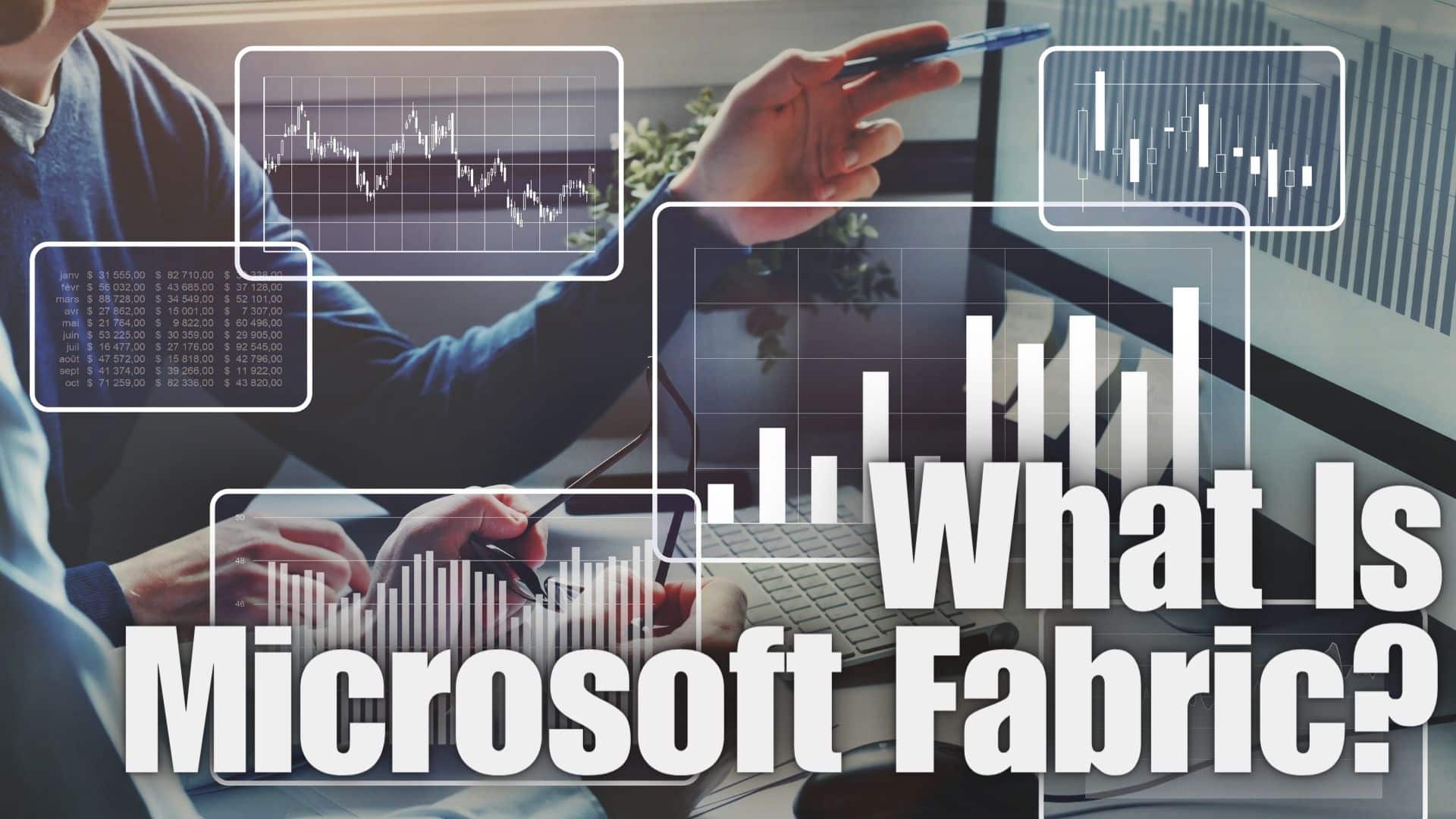-
Connect With Your Ottawa IT Service Company at (613) 828-1384
Connect With Your Ottawa IT Service Company at (613) 828-1384
The technological landscape of 2023 is evolving with unprecedented momentum, and at the forefront is Microsoft, renowned for its inventive strategies in data technology.
At the Microsoft Build 2023, the tech giant recently pulled back the curtain on its latest innovation: Microsoft Fabric. Projected to revolutionize the world of data analytics, Microsoft Fabric epitomizes the essence of a unified platform. The platform’s striking feature is its unified capacity model that optimizes computing resources across various workloads, thus reducing costs and simplifying resource management.
In the Software as a Service (SaaS) era, Microsoft Fabric delineates an evolution from the existing Microsoft analytics solutions, facilitating a seamless user transition to this innovative platform. In the public preview phase, Microsoft Fabric is available for users to explore through a free trial.

In a world where digital transformation is the new norm, Microsoft embarked on a comprehensive reinvention of the data analytics workflow. The result? Microsoft Fabric – a groundbreaking solution that integrates Azure Data Factory, Synapse Analytics, and Power BI into a unified platform rendered as Software as a Service (SaaS). Its raison d’être? To be the paramount analytics platform, aptly constructed for the AI era.
With its SaaS foundation, Microsoft Fabric covers the full spectrum of analytics operations. Everything is streamlined and optimized, from data ingestion, transformation, and analysis to presentation. This ensures an efficient and intuitive experience for both developers and business users.
The paradigm of ‘oneness’ is at the core of Microsoft Fabric. A shared compute cost per capacity, a shared governance model across products, and a unified space for data professionals and business users are some of the one-ness principles that underscore Fabric’s unique value proposition. At the heart of this unity lies OneLake, the new data lake architecture.
OneLake is a critical component of Microsoft Fabric and is already gaining recognition as the “OneDrive for Data.” Every organization will have a single OneLake, designed to be a secure and efficient source of truth. OneLake stores all tabular data as open-source Delta Parquet, chosen for its fast query capabilities and the ability to perform ACID transactions with Parquet files.
With OneLake, all compute engines can query against Delta Parquet, ensuring a single data source. Even tools external to Fabric can utilize OneLake as their data source. While the default storage for compute engines and tabular stores will be Delta Parquet, OneLake’s versatile data lake capabilities enable it to store any file type.
Microsoft has simplified the security model with OneLake. Unlike the previous product-specific permission definitions, security is now defined once and utilized across all engines and individuals. OneSecurity is leveraging Azure Active Directory to secure data at row, column, and object levels.
AI has permeated almost every aspect of the digital landscape, and Microsoft Fabric is no exception. Microsoft announced the expansion of copilots (natural language assistants akin to ChatGPT) into almost every Microsoft product, including Fabric. Developers will benefit from copilots assisting them in building data pipelines, writing Jupyter notebooks, and creating Power BI reports. For business users, copilots enable multi-turn, contextual conversations with their data.
While the idea of hopping onto the Fabric bandwagon might be tempting, it is worth noting that in its public preview stage, Microsoft Fabric may still evolve. Microsoft offers a free trial with significant computing capacity, worth exploring. However, it might be wise to investigate new POC use cases where AI and unified analytics would be the right fit for organizations contemplating a complete migration to this unified analytics solution.
As the narrative of Microsoft Fabric unfolds, there is much to explore, from intricate workflows to licensing, governance, and deployment best practices. Looking ahead, Microsoft Fabric, with its data fabric approach, promises to empower teams to generate, maintain, and collaborate on data within an organization.
The platform is primed to break down data silos across data lakes, warehouses, and tech stacks, fostering efficient collaboration between individuals and teams. Microsoft Fabric is engineered to empower every data professional and every team – whether they operate in a no-code, low-code, or pro-code environment.
In conclusion, with its unified architecture, AI integration, and intuitive, user-friendly design, Microsoft Fabric presents a compelling proposition for businesses and developers navigating the data-driven world. Whether it’s to streamline data analytics or enhance the AI capabilities of an organization, Fabric appears poised to be a game-changer. Let’s look forward to building the future with Microsoft Fabric.